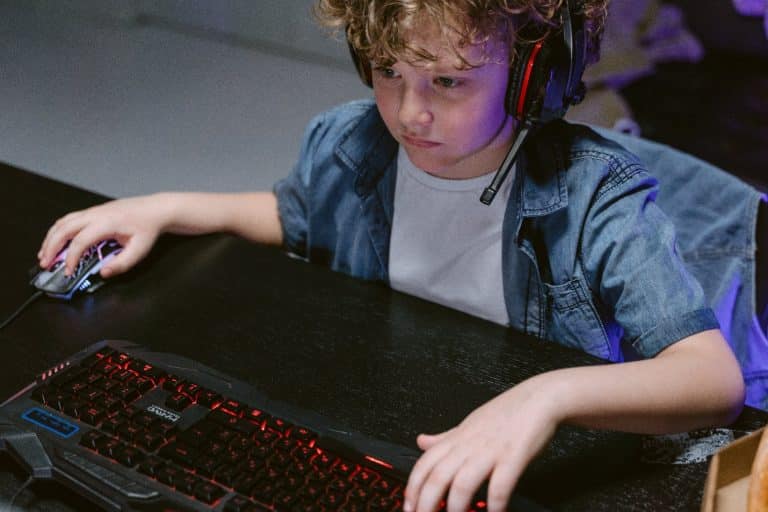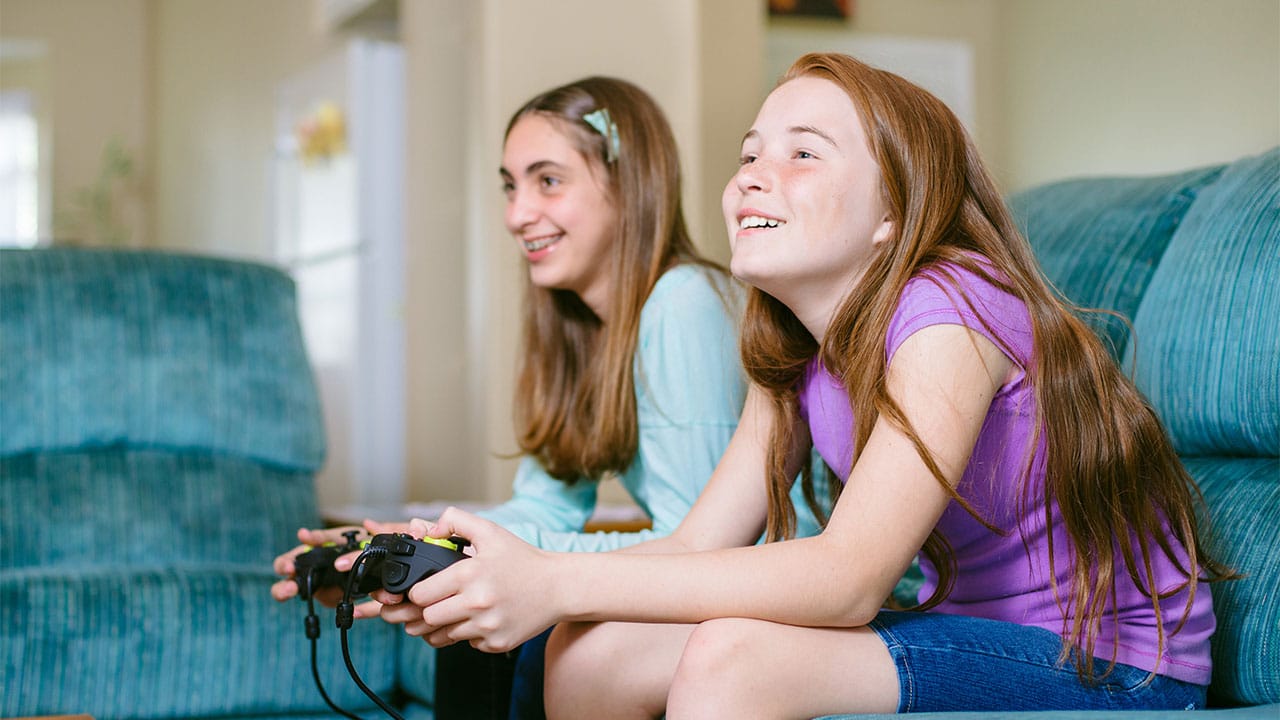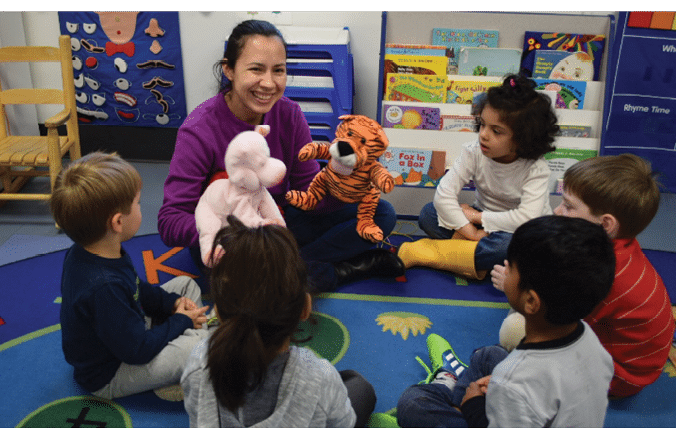Gaming captures the hearts of youngsters, yet it’s not without its criticisms—particularly regarding the development of potentially unhealthy gaming routines. Considering the deep-rooted presence of video games in today’s society, it’s more practical to guide your kids towards responsible gaming practices rather than attempting to eliminate their exposure altogether. Encouraging positive gaming behaviors can unlock a range of advantages for your little ones.
How to Develop Healthy Gaming Habits in Kids and Teenage Gamers?
#1 Set up Parental Controls
When evaluating gaming platforms and individual games, it’s crucial to investigate the availability of parental controls that help monitor and limit your child’s gaming activities. Numerous games now offer in-game purchase options; however, parental controls generally allow you to set up a system that requires your approval for such transactions.
Additionally, look out for features enabling you to restrict access to certain game types, set limits on daily screen time, and manage communication capabilities, like chat, to maintain online safety. Gaming platforms often provide a suite of customizable parental settings to tailor your child’s gaming experience to your preferences and their age.
#2 Talk About Safety
Engage in an open conversation with your child regarding the risks associated with video gaming. Highlight the importance of being vigilant against cyberbullying and the threat posed by online predators. Discuss the types of personal information that must remain private and the kind of talk that is not acceptable online.
Assure them that maintaining the security of their gaming devices is of utmost importance to you. Offer guidance on how to employ safe web browsing when they’re on the hunt for new online games. Teach them how to stay safe and anonymous in online games. For example, tell us about using VPN for games like Valorant. You may have to find out how to use VPN on Valorant yourself, but it’s worth it. Just start by installing VeePN and you will see prompts.
#3 Develop Healthy Gaming Habits
If your adolescent is drawn to video games intended for older teenagers or adults, consider implementing a household policy that adheres to the Australian Classification guidelines. This means allowing your child to engage only with those games that are considered appropriate for their specific age group.
Alternatively, if you’re inclined towards a less rigid stance, it’s beneficial to collaboratively evaluate new games with your child prior to their acquisition.
Engaging in conversations with your child about their gaming preferences or the games they’re interested in can be an educational opportunity. It can foster critical thinking regarding various aspects of gaming content and structure. Also, don’t forget to download the VPN extension before you go to study reviews and ratings of games. This is potentially dangerous as there are quite a few hackers in the gaming industry.
#4 Being Respectful
Virtual gaming platforms often present opportunities for competitive play. It’s beneficial to guide your child towards adopting a demeanor of sportsmanship that is as commendable in digital environments as it is in physical ones.
Encouraging your child to self-reflect is crucial. Prompt them to consider whether their online interactions mirror those they would be comfortable with in person. A simple self-check question can be, “Is this something I’d do or say to someone’s face?” If the internal answer leans towards negative, it should also be off-limits in the virtual space.
Furthermore, engaging in conversations about the emotional impact of playing with gracious competitors, as opposed to sore losers, can be enlightening. Discussing the difference in experience can teach valuable lessons about conduct and respect in both online and offline settings.
#5 Teach Children Emotional Skills
Balancing children’s gaming habits can be challenging, but incorporating strategies that prioritize their mental well-being is crucial. Excessive gaming can lead to distraction and a lack of engagement in other activities, which is particularly relevant after school hours. Children often prefer video games to other forms of entertainment, and without guidance, they might devote all their free time to digital play.
To mitigate this issue, implementation of structured moderation strategies is necessary. Encouraging children to engage in face-to-face interaction through board games or cooperative video games can help. Some parents have employed innovative approaches like converting exercise into gaming time—a child can earn time in front of the screen by spending equivalent time exercising. This not only addresses fitness, especially in situations where physical activity may have decreased due to an injury, but also teaches about the value of balance.
Benefits of a Healthy Gaming Relationship
- Cognitive Development: Certain games can sharpen problem-solving skills and boost cognitive flexibility.
- Social Connections: Multiplayer and cooperative games offer kids a platform to build friendships and enhance social skills.
- Stress Relief: Gaming can serve as a beneficial outlet for stress, providing a sense of relaxation and achievement.
- Technology Proficiency: Regular interaction with games can heighten tech literacy, a valuable skill in our digital world.
Conclusion
Video games have transcended mere entertainment, becoming an integral element of modern culture, and can provide delightful experiences within the family dynamic. As children begin to show an enthusiasm for gaming, it’s crucial for it not to become a point of contention. Instead, seek out common ground and leverage their interest in games as an educational opportunity. To assist with this, here are a selection of tools and suggestions for family-friendly games that could enrich your household’s interactive experiences.














